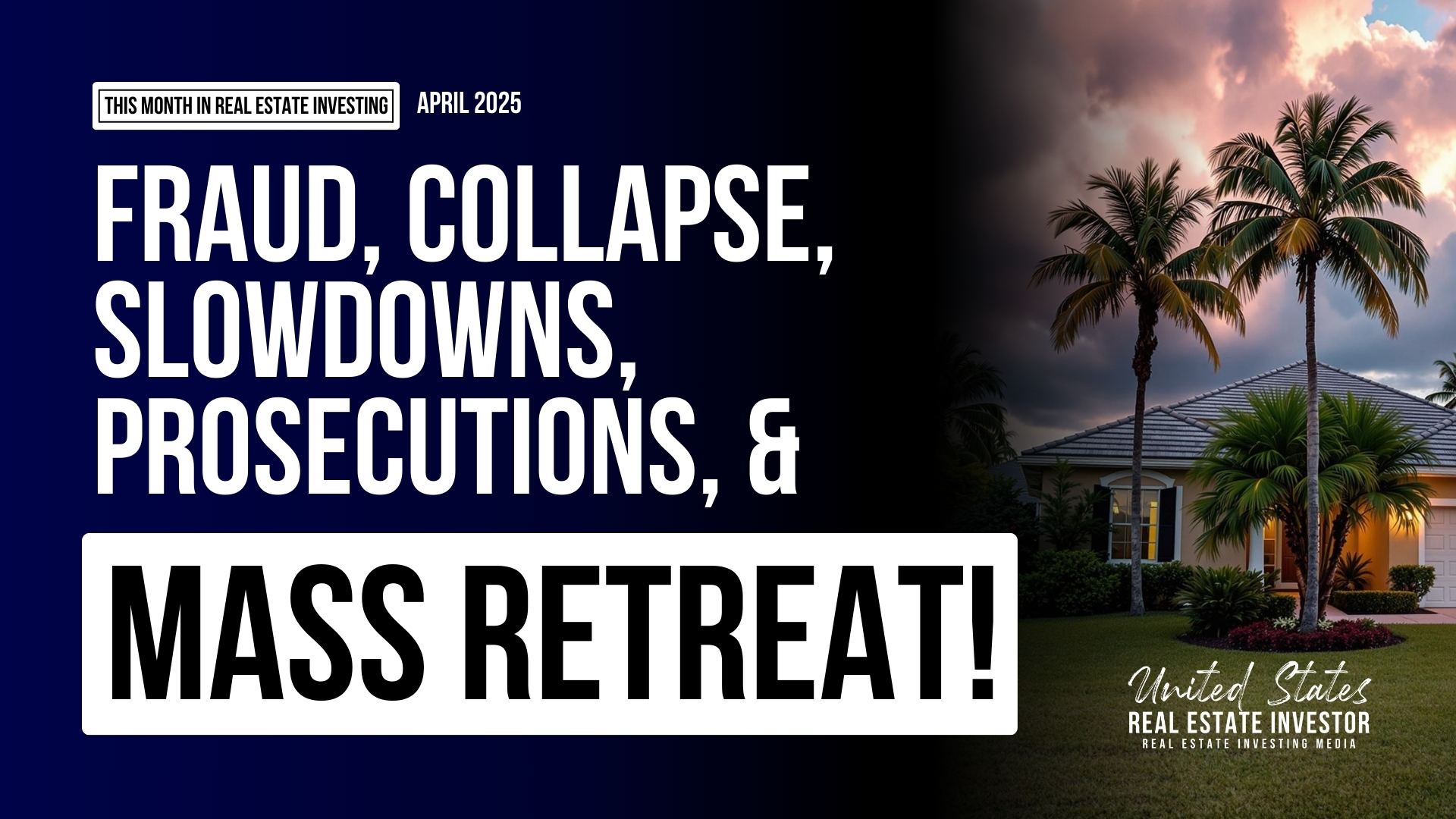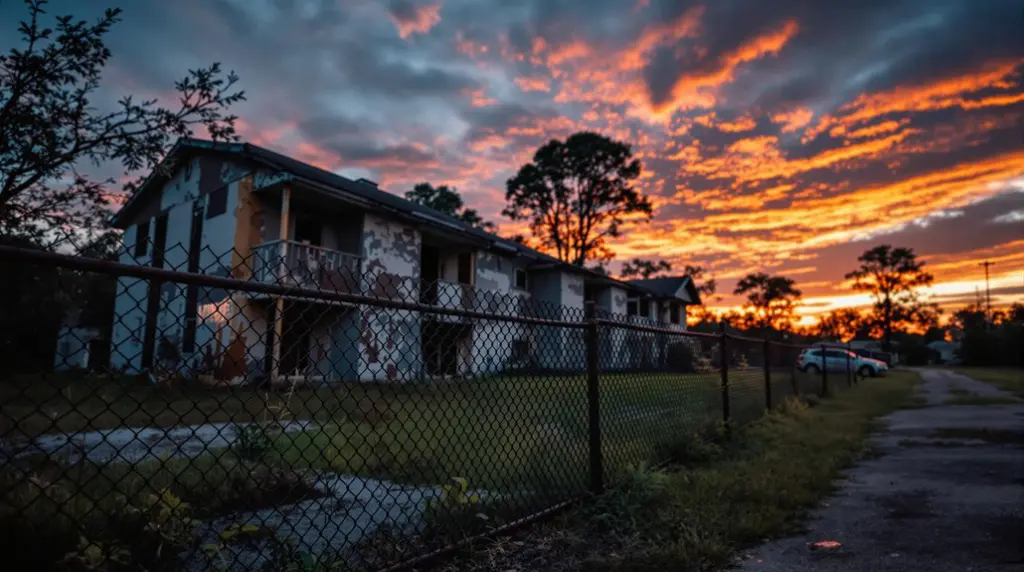Key Takeaways
- The University of Pennsylvania controls $3.3 billion in University City real estate, tripling any other entity’s holdings.
- Penn’s dominance is driving up property values but making the market highly competitive for investors.
- Savvy investors focusing on student housing, retail, and healthcare-related assets can still find profitable opportunities.

Philadelphia, PA – Philadelphia’s University City is no longer just a hub for higher education—it’s one of the fastest-evolving real estate battlegrounds on the East Coast.
Leading the charge?
The University of Pennsylvania (Penn), whose trustees now oversee a staggering $3.3 billion in real estate assets, tripling the holdings of any other entity operating in the area.
Penn’s reach has become so expansive that it is impossible to discuss University City’s development—and by extension, its investment potential—without acknowledging the university’s outsized influence.
The Full Scope of Penn’s Real Estate Empire
Penn’s real estate portfolio is not limited to classic university facilities. It spans:
- Academic Buildings: Anchoring the heart of University City with state-of-the-art campuses
- Research Facilities: Attracting billions in public and private funding for innovation, technology, healthcare, and biosciences
- Commercial Properties: Including restaurants, hotels, retail spaces, and service providers designed to support both the academic community and the broader Philadelphia economy
This multi-sector dominance allows Penn to orchestrate how University City grows, functioning almost like a master developer with the resources of a Fortune 500 company.
Penn’s Impact: Fueling a High-Growth, High-Competition Market
For real estate investors, Penn’s colossal presence brings a double-edged sword:
Appreciation and Demand:
The university’s constant expansion, academic prestige, and research prowess inflate nearby property values.
Office spaces, rental units, and commercial properties are in constant demand from students, faculty, researchers, and entrepreneurs attracted to Penn’s ecosystem.
Reduced Inventory and Competition:
However, Penn’s aggressive acquisitions mean fewer parcels are available for private investors.
When properties do hit the market, competition is fierce, often driving up acquisition costs and tightening profit margins.
Price Pressures:
Rental rates have climbed sharply around Penn’s main campus, but so have operating costs, including property taxes, maintenance, and insurance, challenging cash flow for smaller landlords.
Controlled Growth:
Because Penn operates with a long-term institutional mindset, neighborhood expansion tends to be deliberate, strategic, and slow compared to private-sector development cycles.
This can influence how quickly outside investors see ROI on their projects.
Strategic Investment Plays Around University City
Despite the barriers, savvy investors are finding ways to capitalize:
Student and Staff Housing:
Demand for quality, off-campus housing continues to outpace supply. Well-managed multi-family rentals within a 1-2 mile radius of campus are thriving.
Retail and Hospitality:
Restaurants, coffee shops, coworking spaces, and boutique hotels that cater to students, academics, conference-goers, and visiting families are seeing consistent foot traffic.
Medical and Research Adjacent Investments:
With Penn Medicine and adjacent life sciences hubs growing, medical office buildings (MOBs), research labs, and supportive services (like pharmacies and health-tech startups) offer lucrative long-term opportunities.
Value-Add Opportunities:
Investors targeting older properties for renovation and repositioning are finding success by aligning redevelopment projects with Penn’s broader urban planning vision.
Risks Investors Should Watch Carefully
Overexposure to Single-Entity Risk:
Heavy dependence on Penn-related demand could backfire if university policies shift, research funding declines, or political pressures alter development priorities.
RELATED CONTENT
Zoning and Development Restrictions:
Philadelphia’s planning commissions are highly protective of University City’s development trajectory. Investors must navigate complex zoning codes and community approval processes.
Long-Term Hold Expectations:
Flipping may be difficult due to Penn’s methodical development pace. Buy-and-hold strategies generally perform better in this micro-market.
The Bigger Picture: University City as a National Investment Model
University City’s transformation under Penn’s leadership mirrors trends happening in other major U.S. cities where universities act as anchor institutions for neighborhood revitalization, similar to Harvard’s role in Allston (Boston), Duke’s expansion into Downtown Durham (North Carolina), and USC’s influence on South Los Angeles.
In Philadelphia, however, Penn’s dominance is even more concentrated and pronounced, making University City a real-time case study for how institutional real estate control can reshape an entire urban district.
Final Thoughts for Investors
University City is no longer a speculative bet—it’s a mature, high-demand real estate submarket backed by one of the nation’s most financially powerful universities.
For investors who understand how to navigate Penn’s gravitational pull, the rewards could be substantial: higher-than-average rents, strong tenant demand, and stability tied to world-class research, healthcare, and education anchors.
But for those who ignore the complexities Penn’s dominance creates, the risks could outweigh the rewards.
One thing is certain: In Philadelphia’s University City, you’re not just investing in property—you’re investing in an ecosystem.
Assessment
The University of Pennsylvania’s real estate expansion offers a rare investment environment defined by strong demand and institutional stability, but it comes with heightened competition, limited inventory, and dependency on a single major player.
Investors who adapt by focusing on long-term value, niche rental markets, or strategic partnerships with healthcare and academic sectors are best positioned to thrive.
Short-term speculators, however, may find the landscape too slow and too fiercely controlled to generate quick profits.
Success in University City will depend not on aggressive speculation, but on calculated, highly informed strategy and long-term vision.
Related Content:
- San Jose Greenlights New Downtown High-Rise Housing Project — Investor Eyes Turn to Urban Core
- Multifamily Housing Boom! A Heroic Beacon Amid Economic Uncertainty
- The U.S. Housing Apocalypse Continues (Why Your Real Estate Dreams Are About to Collapse)
- Shocking Decline of Starter Homes (Increasing Crisis for First-Time Buyers)





















